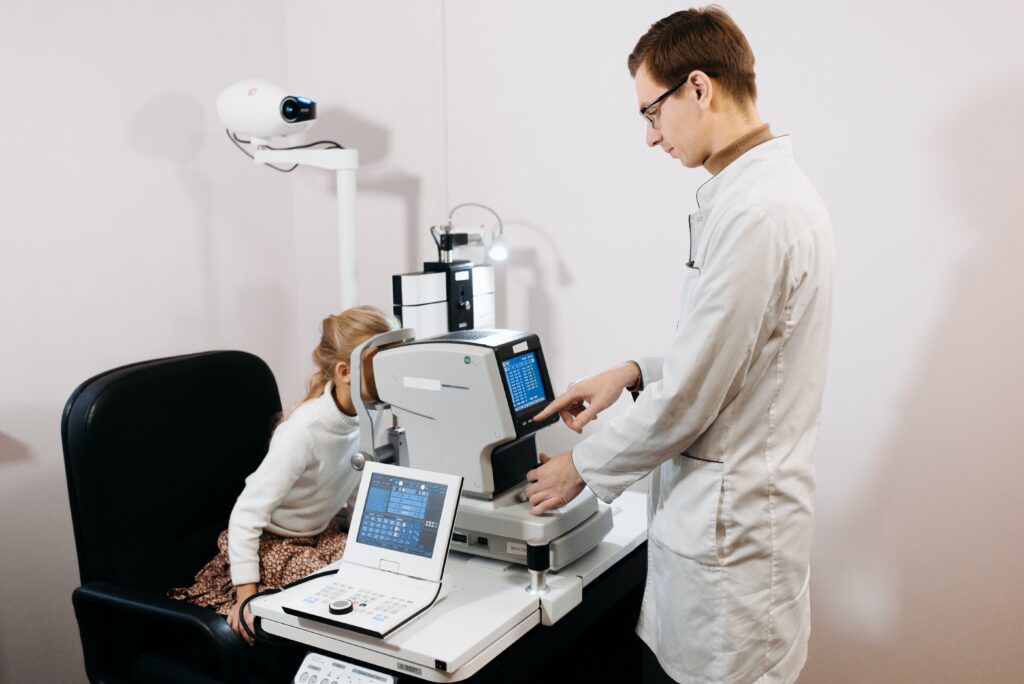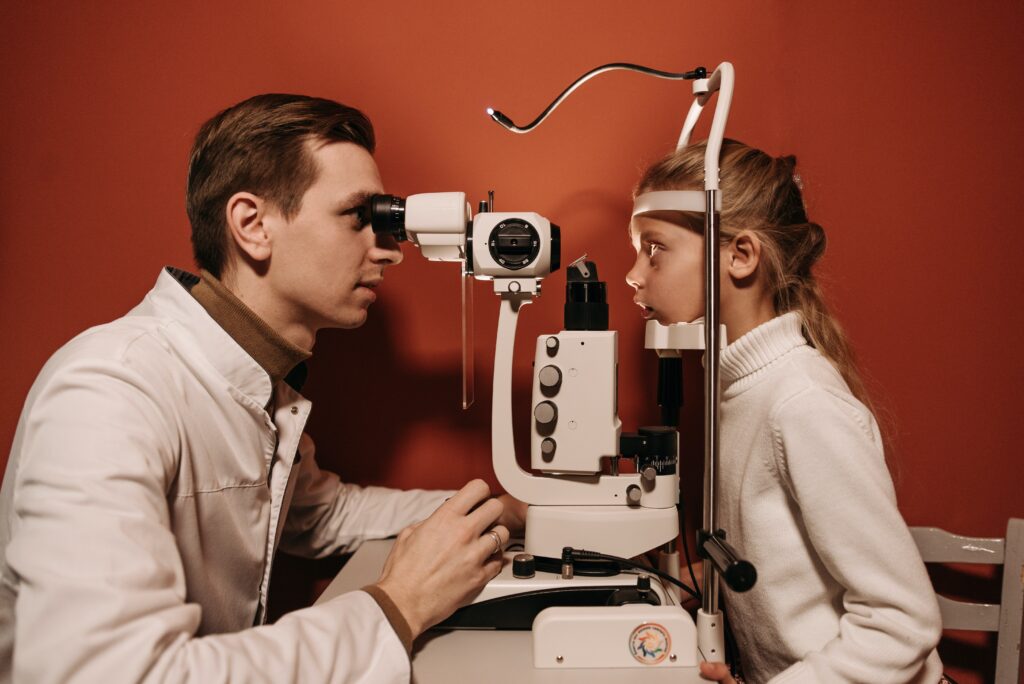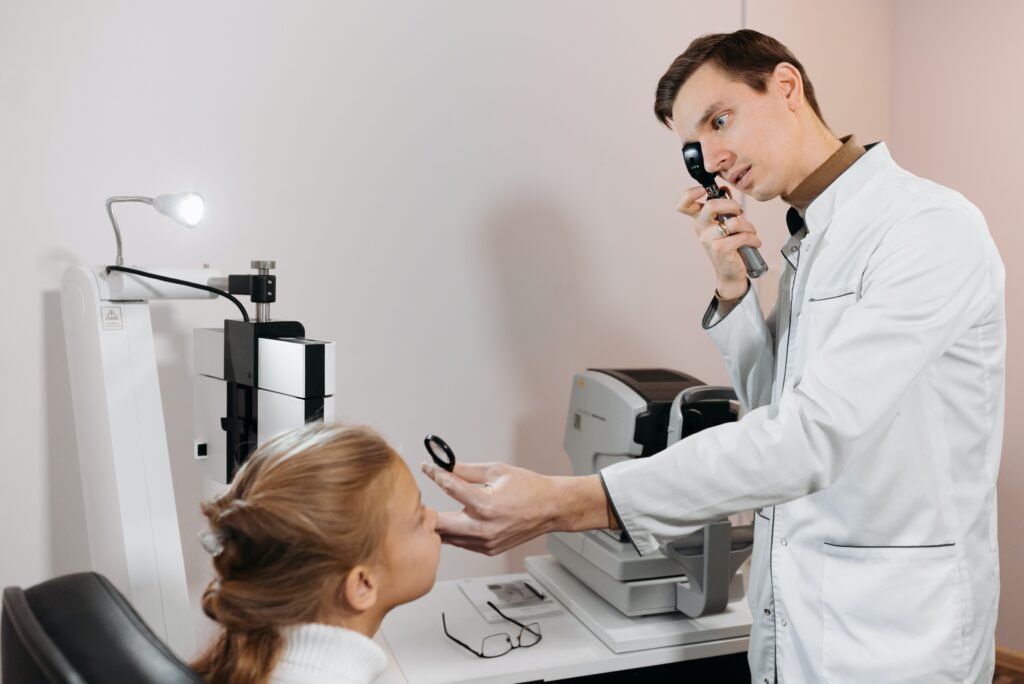
Key Points:
- Glaucoma is a very prevalent eye condition in Jamaica and a leading cause of blindness worldwide.
- Glaucoma causes damage to the optic nerve and is usually characterized by increased intraocular pressure (IOP).
- Risk factors for glaucoma include age, family history, ethnicity, high intraocular pressure (IOP), and chronic medical conditions.
- Early detection is crucial as glaucoma usually presents with gradual symptoms.
- Regular visits to your family Ophthalmologist are the key to early detection and proper treatment
- Treatment aims to lower intraocular pressure (IOP) usually with eye drops.
- Awareness of glaucoma in Jamaica is vital for reducing the impact of this vision-loss disease
The Silent Thief of Sight for Jamaicans
Glaucoma is a leading cause of blindness worldwide. It is a prevalent eye condition in Jamaica that affects a large amount of the population.
This article aims to raise awareness about glaucoma, its risk factors, prevention methods, and the importance of early detection.
In addition, we will provide you with accurate and easy-to-understand information to help you protect your vision.
What is Glaucoma?
Glaucoma is a group of eye diseases characterized by damage to the optic nerve, which is responsible for transmitting visual information from the eye to the brain. This damage is usually caused by increased intraocular pressure (IOP) within the eye.
There are two main types of glaucoma:
1. Open-angle glaucoma
The most common form of glaucoma, where the eye’s drainage angle remains open. This leads to a gradual increase in intraocular pressure (IOP), which slowly damages the optic nerve over time.
Open-angle glaucoma typically develops without noticeable symptoms, making it crucial to attend regular eye exams for early detection.
2. Angle-closure glaucoma
This less common form of glaucoma occurs when the eye’s drainage angle becomes blocked, causing a rapid increase in intraocular pressure (IOP).
Angle-closure glaucoma may develop suddenly and often presents with symptoms such as severe eye pain, nausea, vomiting and blurred vision.
This type of glaucoma is considered a medical emergency and requires immediate treatment to prevent permanent vision loss.
Risk Factors:
Understanding the risk factors for glaucoma is crucial for early detection and prevention.
Some of the common risk factors include:
- Age: Glaucoma is more common in individuals over the age of 60. However, it can occur at any age.
- Family history: Having an immediate family member with glaucoma increases your risk of developing glaucoma.
- Ethnicity: People of African, Hispanic, and Asian descent have a higher risk of developing glaucoma.
- High intraocular pressure (IOP): Increased pressure within the eye can damage the optic nerve, leading to glaucoma.
- Medical conditions: Chronic illnesses such as diabetes, hypertension, and heart disease can increase the risk of glaucoma.

Prevention:
While you may not be able to prevent glaucoma completely, there are steps you can take to reduce your risk and protect your vision:
- Regular eye exams: Schedule comprehensive eye exams with a family ophthalmologist, like Dr. Man Gue Chin, every one to two years or more frequently if you have risk factors.
- Exercise: Engage in regular physical activity to maintain a healthy weight and lower your risk of developing glaucoma.
- Maintain a balanced diet: Consuming a diet rich in fruits, vegetables, and antioxidants can help support eye health.
- Manage stress: Chronic stress can impact eye pressure, so stress management techniques like meditation, yoga, or deep breathing exercises may be helpful.
- Control your medical conditions: Ensure you are taking measures including your prescribed medication and lifestyle modifications to control your other medical conditions
Early Detection:
1. Know the signs
Glaucoma often has no early symptoms, so regular eye exams are essential. However, consult with a family ophthalmologist immediately if you experience blurry vision, eye pain, or sudden vision loss.
2. Understand the tests
During an eye exam, your family Ophthalmologist will measure your eye pressure, examine your optic nerve, and assess your peripheral vision to detect glaucoma.
3. Follow your treatment plan
If you are diagnosed with glaucoma, it is crucial to follow your prescribed treatment plan, which may include eye drops, medication, or surgery.
Understanding Glaucoma Treatment in Jamaica
The primary goal of glaucoma treatment is to lower the intraocular pressure (IOP) within the eye. By controlling intraocular pressure (IOP), we can slow down or prevent further damage to the optic nerve. Unfortunately, there is no cure for glaucoma, but early detection and appropriate treatment can help preserve your vision.
1. Eye Drops
Eye drops are the most common initial treatment for glaucoma. They work by reducing fluid production in the eye and therefore lowering intraocular pressure (IOP). Patients must use eye drops as prescribed by their family Ophthalmologist to ensure proper treatment.
2. Oral Medications
Oral medications may have more side effects on the whole body compared to eye drops, so they are typically reserved for more severe cases or as a temporary measure.
3. Laser Therapy
Laser therapy is a minimally invasive treatment option that can be used alongside eye drops or as an alternative for patients who have difficulty with eye drops. The two primary laser procedures for glaucoma treatment include a Trabeculoplasty and Iridotomy.
4. Surgery
Surgery may be recommended for patients who do not respond to eye drops, oral medications, or laser therapy. Several surgical options are available, including a trabeculectomy, implanting glaucoma drainage devices and Minimally invasive glaucoma surgery (MIGS).

Strengthening the Fight Against Glaucoma in Jamaica
Glaucoma awareness in Jamaica is essential for reducing the impact of this vision-loss disease. By understanding the risk factors, taking preventive measures, and recognizing the importance of early detection, we can work together to protect the vision of all Jamaicans. Schedule a comprehensive eye exam with a family Ophthalmologist today to ensure the health of your eyes and preserve your sight for years to come.
